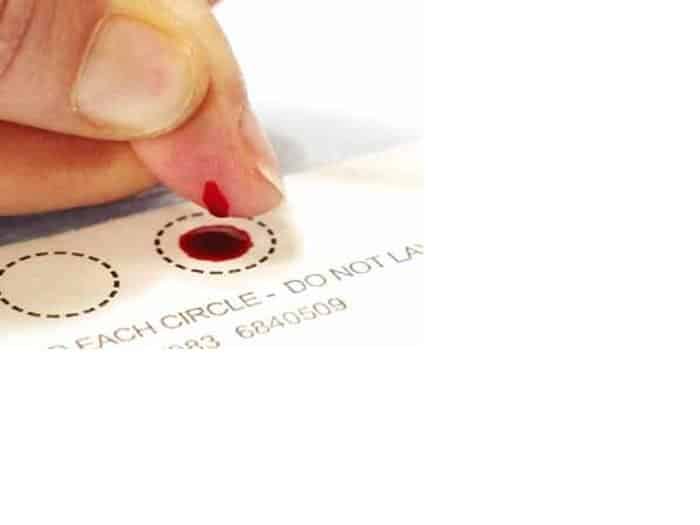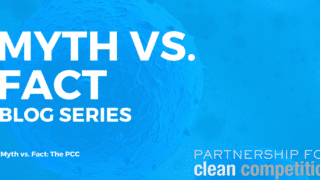What a Drop Can Do:
Dried blood spot sampling (DBS) is a form of bio-sampling that has been used for decades to screen patients for diseases that can be identified via metabolic markers – such as congenital metabolic diseases in infants. More recently, the method has been tested in clinical pharmacokinetic studies, or the study of drug absorption, distribution, metabolism, and excretion. The technique involves collecting a drop of blood on a small piece of filter paper and allowing it to dry before being analyzed.
DBS has some clear advantages:
– Minimal volume requirements
– Easy sample attainment via finger stick
– Nominal training for sample attainment
– Ease of sample collection, transport, storage, and handling
– Highly stable samples – ranging from months to years once dried
A new weapon in the fight for clean sport?
For those working to enhance doping control programs across the athletic sphere, the above benefits make DBS an appealing proposition which offers both administrative and financial benefits. DBS methods replace the need for arduous shipping procedures involving dry ice with a simple envelope at room temperature, which may catalyze massive cost savings for testing agencies. As well, the small sample volumes mean the entire process is much less intrusive for athletes being tested – which may lead to more athletes embracing the process.
In fact, DBS’s applicability to anti-doping initiatives has been of interest to the community for some time, especially to Dr. Jack Henion, who has been studying DBS for several years. Dr. Henion is Professor Emeritus of Toxicology at Cornell University in the Analytical Toxicology Section of the Diagnostic Laboratory within the College of Veterinary Medicine. He is also a co-founder, Chairman and CSO of Advion BioSciences (ABS), Inc., located in Ithaca, New York.

Dr. Henion is no stranger to bio-sampling. He has rigorous experience with method development and validation with Liquid Chromatorgraphy/Mass Spectrometry (LC/MS) analysis of real-world biological samples for numerous applications, and has received three Honorary Doctorate degrees in recognition of his international reputation in modern analytical techniques.
Renewing a Basic Approach:
The adoption of mass spectrometry as a tool for analysis enhanced the viability of DBS as a molecular assay tremendously due to the increased number of analytes able to be measured from just a dime-sized spot of blood – a simple finger prick, for most people. In fact, several studies using analytical methods such as LC/MS, sequencing and/or RT-PCR confirm DBS sampling works as well as tests performed with fresh blood samples across several classes of analytes – an encouraging truth for Dr. Henion and his team.
Currently, the team – located at Q Squared Solutions – is not only developing and validating methods for the bioanalysis of five classes of drugs using DBS (including opioids, THC, stimulants, beta blockers, and steroids – top candidates for use in doping), they are also developing a novel dried plasma spot (DPS) card which “can provide micro plasma samples from finger pick blood without the need for centrifugation or other laboratory techniques for producing plasma,” according to Dr. Henion.
Both projects amount to easier sample collection in-competition and out, coupled with more cost effective transport to the laboratory for analysis.
Thanks to Dr. Henion and his team striving to develop innovative techniques for the analysis of biological samples, DBS and DPS could be the future of anti-doping collection and testing.
Learn more about the innovative development at Q2 Lab Solutions here.




